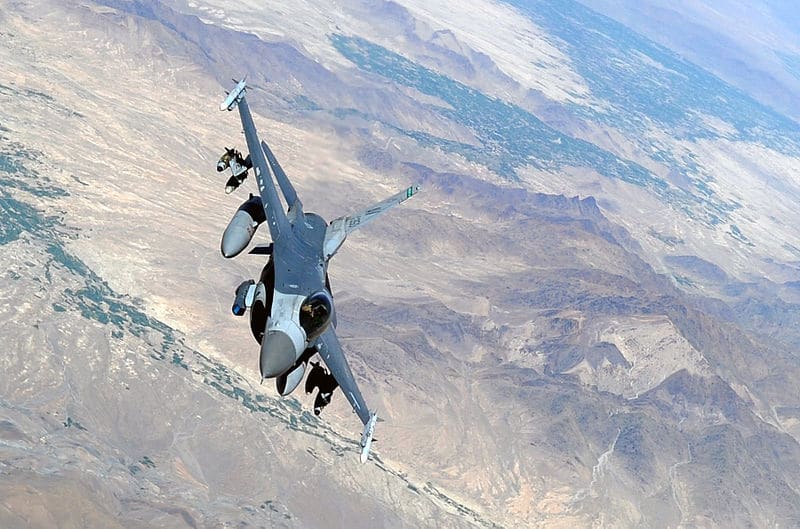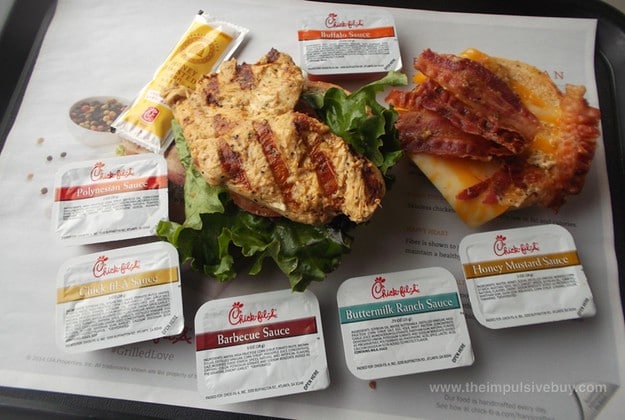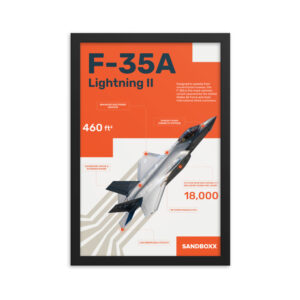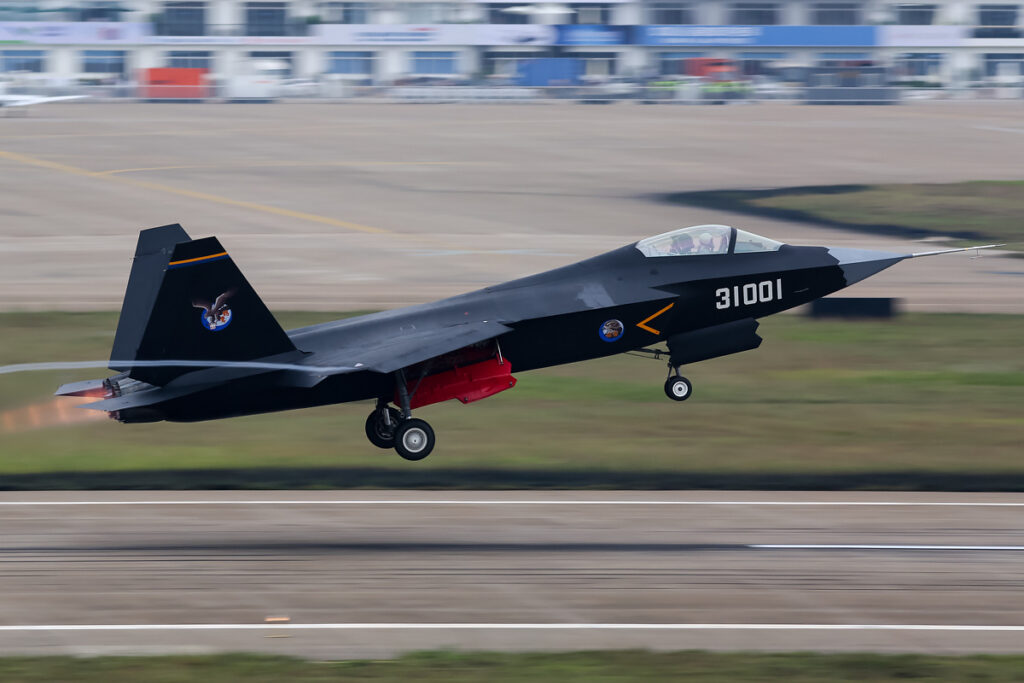THE SECRET TO FIGHTER PILOT MORALE IS APPARENTLY CHICK-FIL-A SAUCE
- By Hasard Lee
Share This Article

When I deployed to Afghanistan, a single care package full of Chick-fil-A sauce increased the morale of the squadron for weeks.
I deployed as an F-16 pilot to Bagram Air Base, just north of Kabul—it’s a massive base that at night can be seen from over 100 miles away. The sprawling city is home to thousands of troops, along with tens of thousands of foreign support personnel. For a combat base, it’s not that austere: there are gyms, dining facilities, and even a barber shop.

Two weeks into the deployment, on Veterans Day, a suicide bomber walked up to group of soldiers and detonated himself. He was an Afghan worker, who, over the course of several weeks, smuggled in parts to build a suicide vest. On the morning of the blast, he walked up to the biggest group of troops he could find and blew himself up.
Immediately, the base went into lockdown. It became a ghost town as we regrouped and tried to figure out what happened. All daily workers were barred entry to the base as we shed thousands of the support jobs to prioritize security. Fortunately, there were no subsequent suicide attacks, however, the Taliban was effective in disrupting our operations.
Because of the limit on the total number of US troops in Afghanistan, we counted on foreign support so we could focus on our mission. Now, with many of them gone, we were forced to triage the situation and cut anything that wasn’t essential. One of the cuts was to our food as we transitioned to meals ready to eat (MREs).

MREs aren’t terrible—a lot of thought and effort has gone into them to make them palatable. It’s an enormous challenge to make a self-contained, self-heating meal that has a shelf-life of over 10 years. Still, they’re known as “Meals Rarely Edible,†and after several weeks they start to earn the nickname. Eventually, the dining facilities opened back up, but at a reduced capacity as airmen took over cooking duties. Because this was a contingency situation, and the airmen had little, if any training, only the most basic foods were made, focusing on sustenance over taste.
After a few months, morale was still fairly low. Occasionally, we would get care packages from back home, which was a respite from the canned chicken. These were usually filled with candy or cookies, which was a great boost. But there was one care-package, though, that blew the others away.

Halfway though our deployment, a large package showed up at the squadron. In it were hundreds of packets of Chick-fil-A sauces—honey mustard, barbecue, Polynesian, etc. It turns out that one of the wives had gone to a Chick-fil-A and explained the situation. The manager, a former veteran himself, filled a packing box full of their sauces and gave it to her for free.
Editor’s Note: Apparently, Chick-fil-A sauce is popular throughout the fighter pilot world. In the video below, you can listen to an F-22 pilot talk about getting Chick-fil-A sauces while deployed as well.
For weeks, those sauces made every meal better. I know several guys who even mixed it in with their oatmeal in the morning. It was a small gesture, but for everyone in the squadron, it made a big difference.
Feature image includes a U.S. Air Force photo by Airman 1st Class Erick Requadt
Related Posts
Sandboxx News Merch
-

‘AirPower’ Classic Hoodie
$46.00 – $48.00 Select options This product has multiple variants. The options may be chosen on the product page -

‘Sandboxx News’ Trucker Cap
$27.00 Select options This product has multiple variants. The options may be chosen on the product page -

F-35 ‘Lightning’ Framed Poster
$45.00 – $111.00 Select options This product has multiple variants. The options may be chosen on the product page
Hasard Lee
Related to: Airpower, Pop Culture

The CIA used miniature models to meticulously plan high-stakes operations

Video: How good is China’s new stealth fighter?

Who dares wins: The importance of defeat in being successful

Marines deploy new system to take out ships in the Pacific
Sandboxx News
-

‘Sandboxx News’ Trucker Cap
$27.00 Select options This product has multiple variants. The options may be chosen on the product page -

‘AirPower’ Classic Hoodie
$46.00 – $48.00 Select options This product has multiple variants. The options may be chosen on the product page -

‘AirPower’ Golf Rope Hat
$31.00 Select options This product has multiple variants. The options may be chosen on the product page -

‘Sandboxx News’ Dad Hat
$27.00 Select options This product has multiple variants. The options may be chosen on the product page
